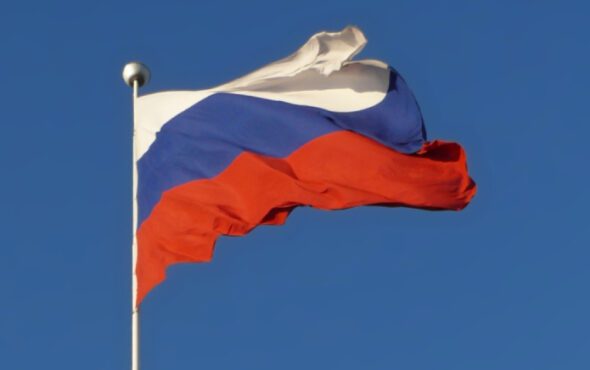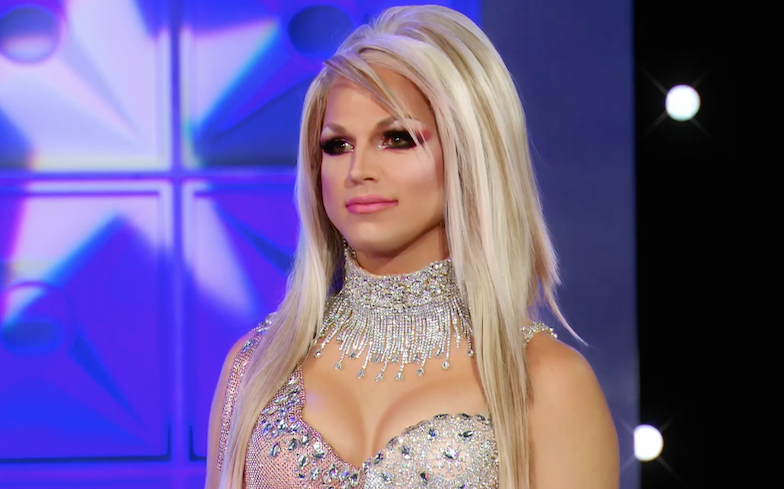
In an unprecedented move, Russia’s Supreme Court has ruled that the so-called “international LGBT movement” is an “extreme organisation.”
In a closed hearing on 30 November, the top court ruled in favour of the Justice Ministry’s lawsuit that claimed the “LGBT movement” had incited social and religious discord.
Russian criminal law currently states that participating in, or financing an extremist organisation is punishable by up to 12 years imprisonment.
Even displaying such “extremist” symbols can lead an individual to face up to 15 days in a detention centre or up to four years in prison for continued presentation of one.
Those individuals who are suspected of being involved in extremist activities can be added to a list and have their bank accounts frozen.
“The authorities move apparently serves a dual purpose”
Tanya Lokshina, associate Europe and Central Asia director of Human Rights Watch, highlighted that “the authorities move apparently serves a dual purpose.”
She continued: “It is meant to increase the scapegoating of LGBT people to appeal to the Kremlin’s conservative supporters before the March 2024 presidential vote and to paralyse the work of rights groups countering discrimination and supporting LGBT people.
“The assault on LGBT rights has become a symbol of Russia’s rejection of universal human rights, as the government positions Russia as the defender of so-called traditional values in opposition to ‘the collective West.”
READ MORE: Putin signs some of world’s harshest anti-trans legislation into Russian law
The decision comes just two days after (28 November) seven prominent Russian rights groups said that a decision to support the Justice Ministry’s lawsuit would be discriminatory and violate countless rights.
Russia has a continued and potent history to eradicate and minimise LGBTQIA+ rights. Earlier this year Russia introduced legislation that impinged on trans peoples rights. This included bans on access to gender-affirming healthcare, changing gender markers on official documentation, annulment of marriages and the prevention of trans people to adopt and take guardianship over children.
In December 2022, the parliament tightened the 2013 “gay propaganda” ban to include all public information or activities in support of LGBTQIA+ rights or non-heterosexuality.
Art, scientific studies and education is not exempt from the ban and had be used to link LGBTQIA+ people and the community as “propaganda of nontraditional sexual relations and/or preferences, pedophilia, and sex change.”
Prior to this, in 2021, lawmakers in Russia branded 17 LGBTQIA+ organisations as so-called “foreign agents” – a term attributed to corruption and spying.
This came after a ban on same-sex marriage in Russia’s constitution that was implemented a year earlier.



